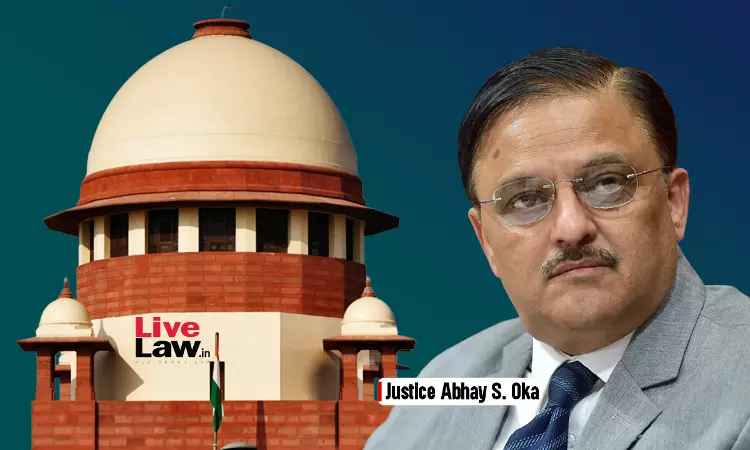'We Have No Right To Say Common Man Has Faith In Judiciary' : Justice Oka Calls For Introspection
Debby Jain
26 March 2025 7:45 PM IST

Justice Oka said that the judiciary must acknowledge its flaws and should take public criticism in the right spirit.
Next Story


